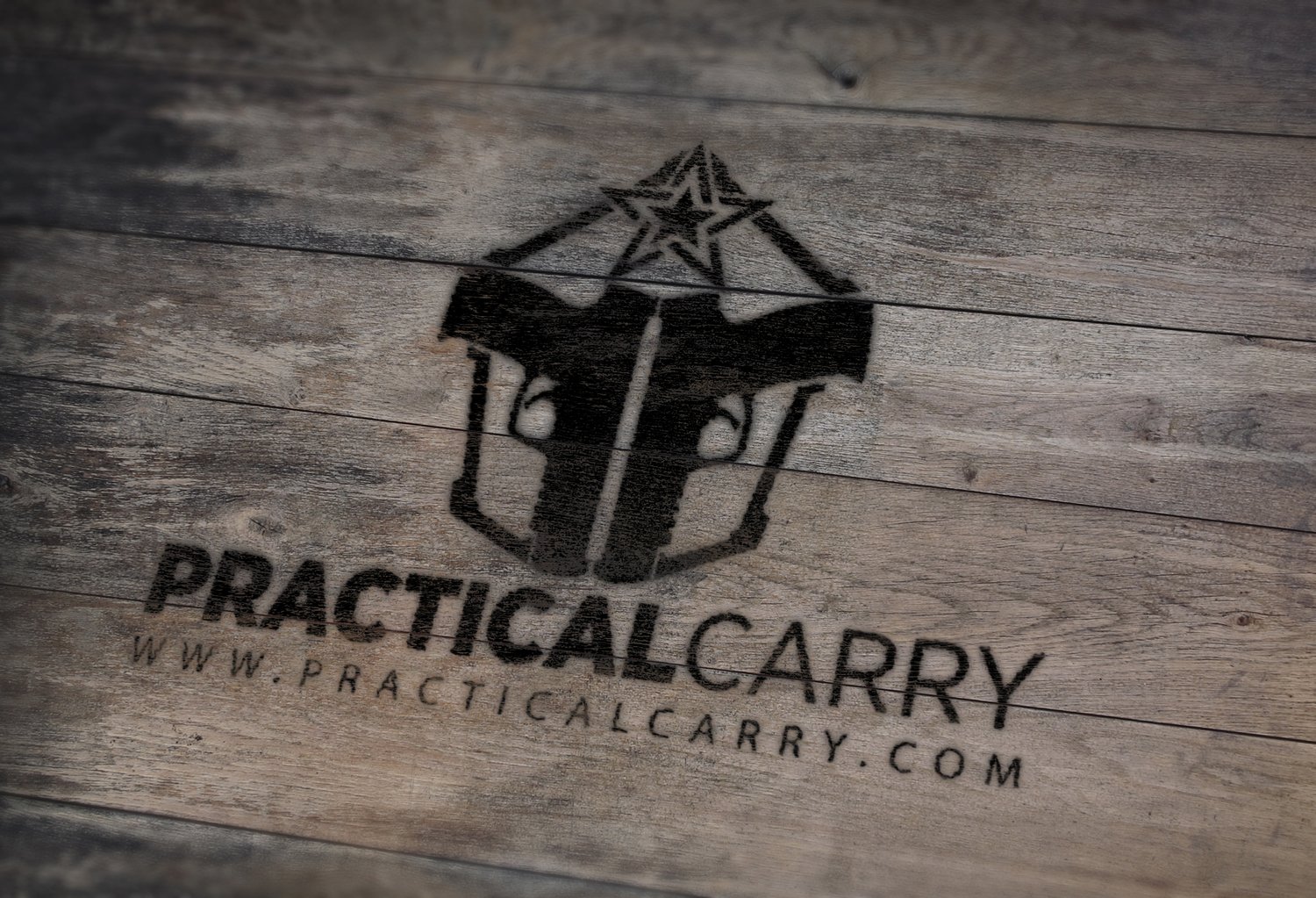1
We have an upcoming Texas License to Carry Class on August 19th at the Austin Gun Club. Contact us for openings.
and… here is what Generative AI has to say about that…
The Importance of Proper Firearm Training: Enhancing Responsiveness and Safety
Date: 08/02/2023
Firearm training serves as the cornerstone of responsible gun ownership and plays a pivotal role in both personal and public safety. It is essential for individuals to understand the immense responsibility that comes with owning and operating a firearm. Proper firearm training extends beyond basic knowledge of handling a weapon; it encompasses comprehensive education, skill development, and ingrained safety habits. Today, we delve into the significance of lengthening one's commitment to thorough and ongoing firearm training.
1. Instilling Responsible Gun Ownership
One of the primary objectives of proper firearm training is instilling and upholding responsible gun ownership. Understanding the laws, regulations, and ethical considerations surrounding firearms can prevent misuse and ensure compliance with legal standards. Through training, individuals learn the gravity of their actions and the potential consequences of negligent firearm usage. By fostering a mindset of responsibility, firearm training helps to reduce accidents, prevent unauthorized access, and promote positive gun culture within society.
2. Developing Proficiency and Confidence
Proper firearm training enhances proficiency and cultivates confidence in handling firearms effectively. Basic firearm knowledge is a starting point, but ongoing training allows individuals to continually refine their skills, including marksmanship, weapon manipulation, and situational awareness. With consistent practice, shooters become more accurate, adaptable, and efficient in their ability to handle firearms. The heightened confidence gained from proper training fosters a sense of empowerment and self-assurance when faced with real-world scenarios, contributing to personal safety and the protection of loved ones.
3. Enhancing Safety and Mitigating Accidents
Safety is the utmost priority when it comes to firearms, and proper training plays a pivotal role in accident prevention. A well-trained individual possesses the necessary knowledge and skills to handle firearms safely, reducing the likelihood of unintentional discharges, mishandling, or improper storage. Comprehensive training helps foster an understanding of safety protocols, emphasizes responsible habits, and enables individuals to make sound decisions under stressful situations. By promoting safety-conscious behavior, firearm training safeguards not only the shooter but also those within their immediate vicinity.
4. Fostering Preparedness and Adaptability
Emergency situations can arise when least expected, and proper firearm training fosters preparedness and adaptability. Through training, individuals develop the ability to think critically, make swift decisions, and respond effectively in high-stress environments. Skills such as situational awareness, threat assessment, and defensive
